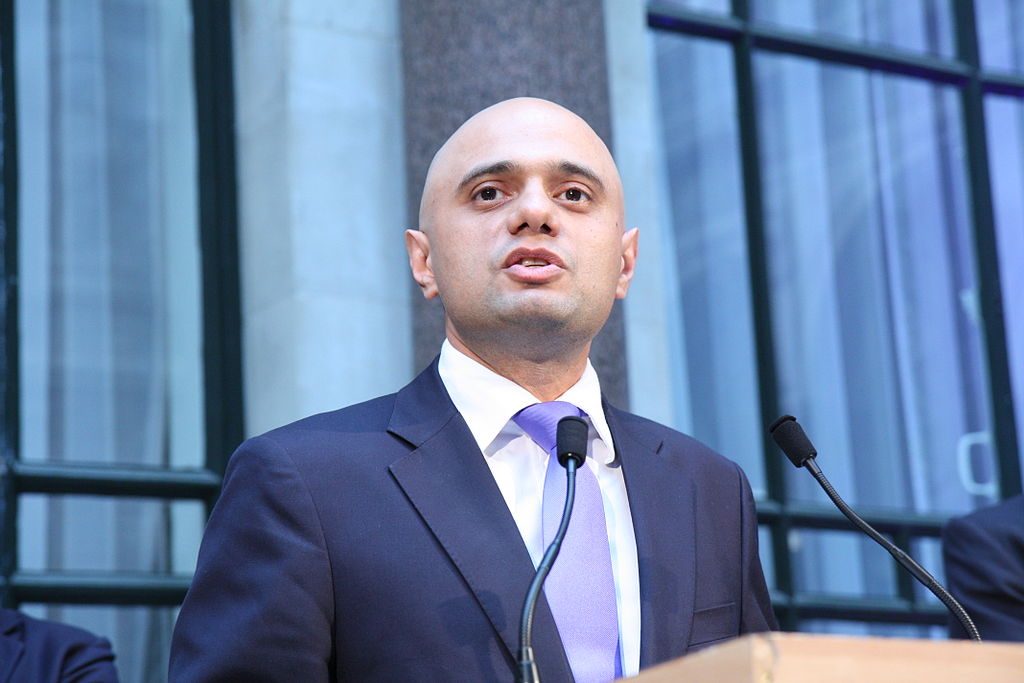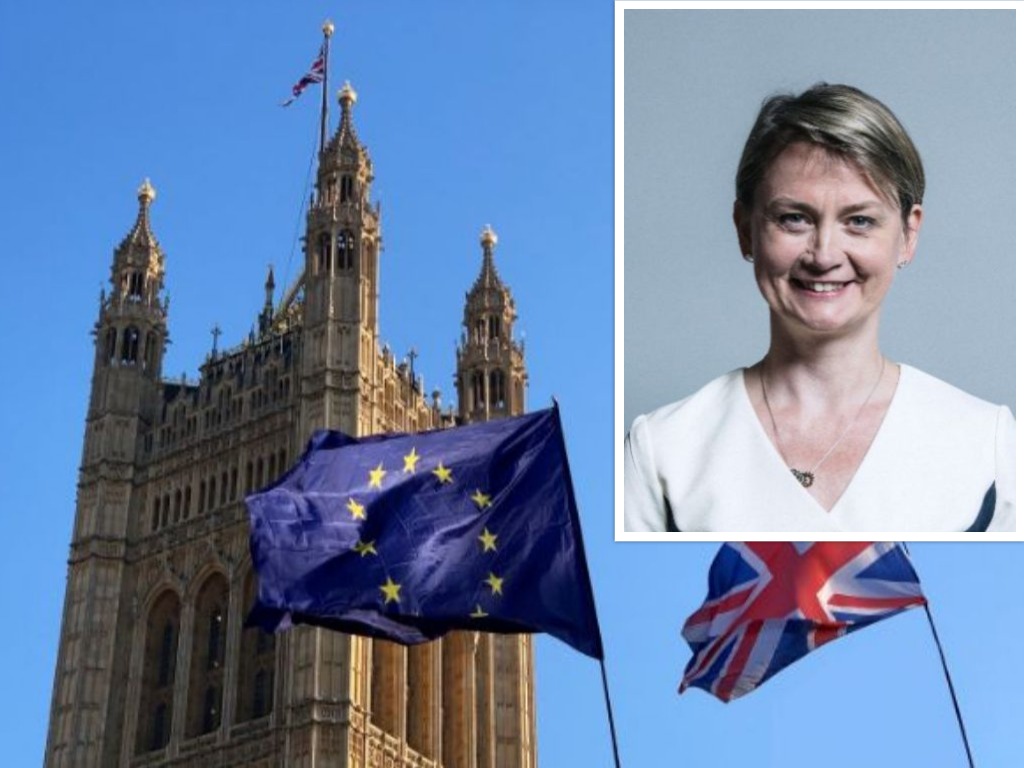The government risks creating another Windrush scandal unless “serious concerns” over its scheme to settle EU citizens in the UK are addressed, MPs have said.
The Commons Home Affairs Select Committee has said in a report released today (May 30) that applicants have been left “struggling to navigate” the Home Office’s EU Settlement Scheme (EUSS) unaided, while its online system has been “blighted” by technical issues.
Others will fail to apply successfully, the report suggests, because they are “unaware that the scheme applies to them” or because they will be unable to provide sufficient proof of their eligibility for settled status.
The committee said that the government’s guidance has “too many gaps and ambiguities”, such as what will happen to individuals who do not apply before the deadline and how it will ensure citizens are not disadvantaged by a no-deal Brexit.
It also “disagrees” with the government’s decision to “implement a system which does not grant status to eligible people but requires them to apply for it'”.
The government’s current plans for the scheme show they are not learning the lessons from the Windrush scandal.
Chair of the Committee, Rt Hon Yvette Cooper MP
But a Home Office spokesman disagreed with the report, telling RightsInfo the scheme is “performing well”.
Scottish National Party MP Stuart McDonald, a member of the committee, said: “Enshrining citizen’s rights in law, supporting applicants accessing the scheme and addressing the technical issues facing applicants are all essential if EU citizens are to have faith that their rights will be protected in future.”
Labour MP Yvette Cooper, the committee’s chairwoman added: “The government’s current plans for the scheme show they are not learning the lessons from the Windrush scandal.”
During the Windrush scandal, hundreds of British residents were wrongly detained, threatened with deportation and denied legal rights because the Home Office had categorised them as undocumented migrants by mistake.
What Is the EU Settlement Scheme?
 Image Credit: Pixabay
Image Credit: Pixabay
The scheme was introduced by the government with the intention of safeguarding EU citizens’ rights after Brexit.
Those who have resided continuously in the UK for at least five years before applying would be eligible for “settled status“, giving them indefinite leave to remain in the UK.
Those with less than five years residence can apply for “pre-settled” status. This grants them limited leave to remain in the UK for five years, after which they can become eligible for settled status.
The scheme launched on March 30 this year and the deadline to apply is contingent on the outcome of Brexit negotiation.
The cut-off date is set for a deadline of 30 June 2021 in the event of a deal or 31 December next year in the event of a no deal.
Those who do not apply for status under the scheme by the prescribed deadline risk losing their lawful status in the UK and by extension, their right to work, rent a property, receive medical care as well as potentially becoming subject to enforcement proceedings for removal from the UK.
READ MORE: Everything You Need To Know About The EU Settlement Scheme
What Does The Home Office Say?
 Image Credit: Foreign and Commonwealth Office/Wikimedia Commons
Image Credit: Foreign and Commonwealth Office/Wikimedia Commons
A Home Office spokesman told RightsInfo: “We disagree with the Home Affairs Select Committee’s assessment of the Scheme, which is performing well with more than 600,000 applications received by the end of April and hundreds of thousands of people already being granted status.
“The scheme protects the rights of EU citizens in UK law and gives them a secure digital status which, unlike a physical document, cannot be lost, stolen or tampered with.
“A declaratory system – that means EU citizens are not required to obtain status and evidence of this – risks causing confusion especially for the most vulnerable, and could in years to come find people struggling to prove their status.
“We have taken great care to learn from the experience of the Windrush generation. It’s part of the reason why there are 200 assisted digital locations across the UK to help EU citizens apply, dedicated staff in our Settlement Resolution Centre and £9m available for 57 organisations across the UK to support an estimated 200,000 vulnerable people to apply.”







